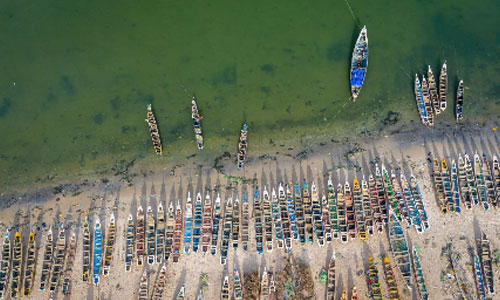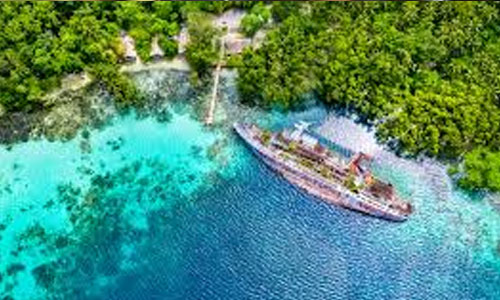This project helped reposition PCRAFI from a donor-driven pilot to a regionally-owned mechanism for long-term climate and disaster resilience—anchored in strategy, empowered by partnerships, and committed to actionable outcomes.
— Cook Islands —
resilience. innovation. partnership.








Charting Resilience: Strategic Review and Innovation for PCRAFI in the Cook Islands
"To build resilient nations, we must align strategy with action, vision with capability, and public policy with private sector innovation."
— Russell Leith, Thematic Team Leader, Insurance Finance & Risk Group, GG International
Challenge
In 2018, the Pacific Catastrophe Risk Assessment and Financing Initiative (PCRAFI) faced a critical juncture. Having provided parametric disaster insurance to Pacific Island Countries since its inception, the initiative required a renewed strategic focus to remain effective and sustainable. The absence of a formalized medium-term plan, limited private sector engagement, and growing concerns about post-disaster funding adequacy highlighted the need for a comprehensive reassessment of PCRAFI’s role and objectives.
The Cook Islands, as one of the early participants in PCRAFI’s insurance facility, was selected as the ground location for a strategic review. The review aimed to reassess the program’s structure, effectiveness, and growth opportunities in light of regional needs and evolving risk landscapes. Primary donors include:
- Germany
- United States
- United Kingdom
- Japan
- Canada
Strategy
GG International was engaged to undertake this pivotal assignment. Led by Mr. Russell Leith, Thematic Team Leader for the Insurance Finance and Risk Group, the project involved a hands-on collaboration with the PCRAFI Secretariat and key stakeholders across the Cook Islands.
The team facilitated an in-country strategic assessment that focused on three core deliverables:
- Development of a Three-Year Strategic Plan: GG International guided PCRAFI through the creation of a results-oriented strategy framework, including a clearly articulated vision, measurable actions, and defined outcomes.
- Policy Advisory on Infrastructure Insurance: Mr. Leith developed tailored recommendations for public asset insurance, exploring both parametric and indemnity-based coverage solutions to reduce the fiscal shock of natural disasters.
- Public-Private Partnership Scoping: The project identified and documented viable PPP models to fund and deploy catastrophe insurance products. This included potential co-financing structures and risk-sharing mechanisms between government entities and commercial reinsurers.
Through interviews, workshops, and technical analysis, the team ensured that the plan was informed by local realities while aligned with international best practices.
Transformation
The strategic plan developed through this engagement has since become a foundational roadmap for PCRAFI’s growth. It enabled the Secretariat to pursue measurable goals, enhance institutional coherence, and strengthen donor confidence.
Key achievements included:
- Adoption of a unified vision and mission for PCRAFI across all participating countries.
- Increased interest and engagement from private insurers and reinsurers for collaborative disaster coverage schemes.
- Detailed implementation pathways for public infrastructure insurance, now under consideration by several island governments.